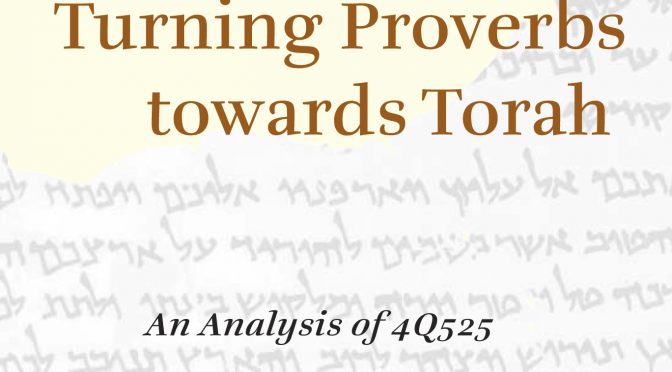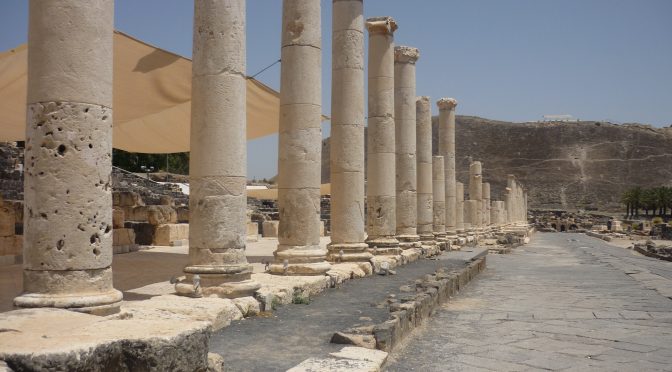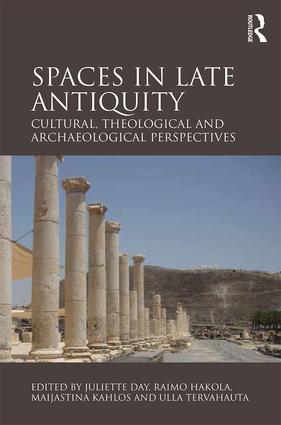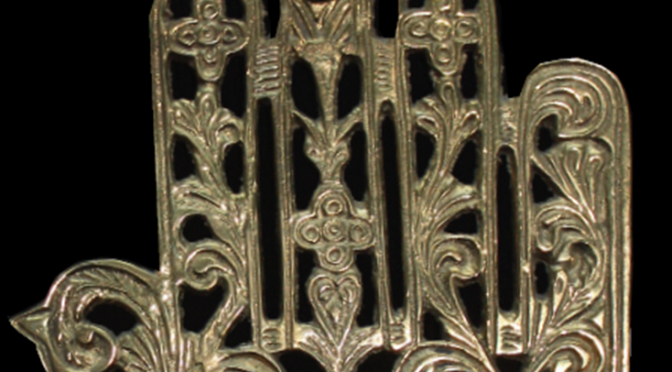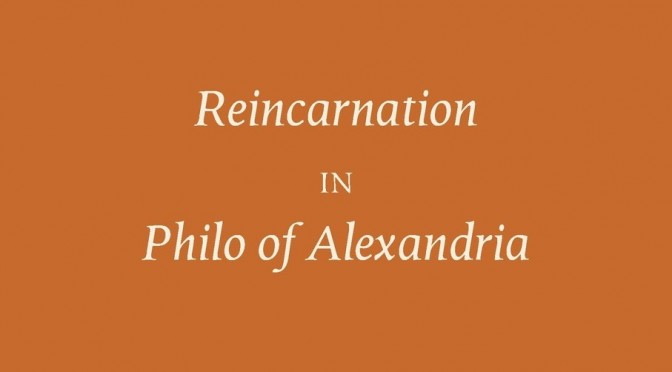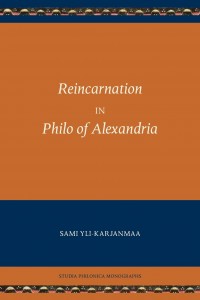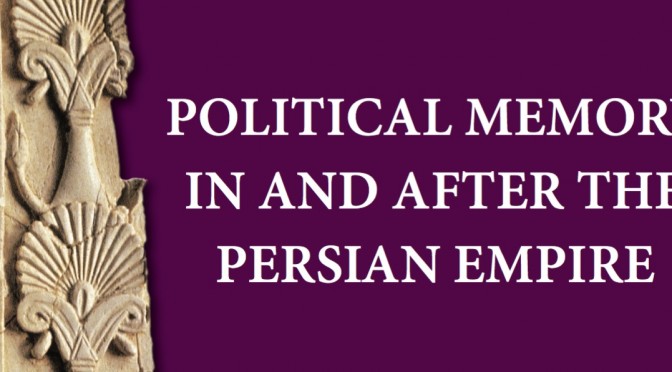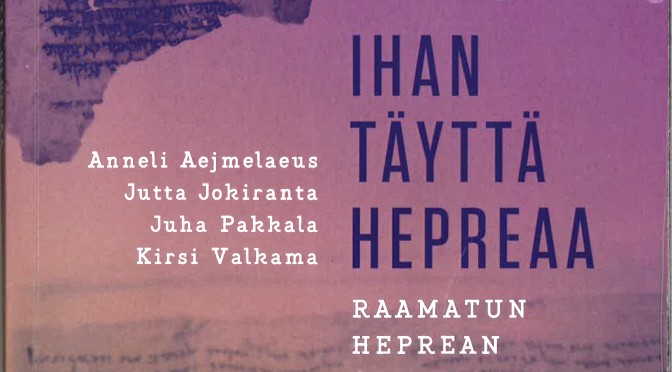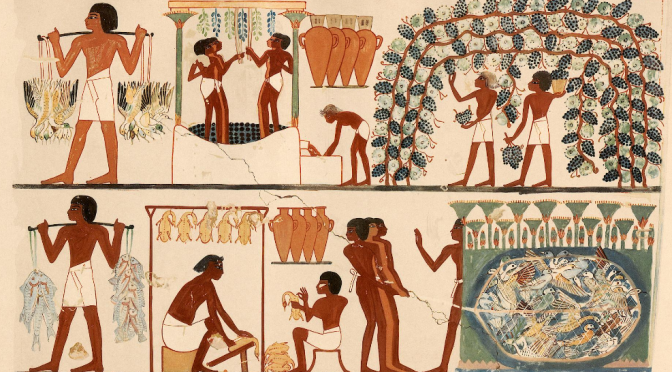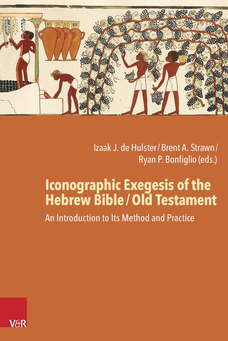In T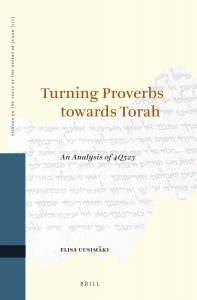 urning Proverbs towards Torah, Elisa Uusimäki offers the first monograph on the early Jewish wisdom text 4Q525 from Qumran. Following the reconstruction of the fragmentary manuscript, Uusimäki analyses the text with a focus on the reception and renewal of the Proverbs tradition and the ways in which 4Q525 illustrates aspects of Jewish pedagogy in the late Second Temple period. She argues that the author was inspired by Proverbs 1-9 but sought to demonstrate that true wisdom is found in the concept of torah. He also weaved dualistic elements and eschatological ideas into the wisdom frame. The author’s intention, Uusimäki argues, is to form the audience spiritually, encouraging it to trust in divine protection and blessings that are bestowed upon the pious.
urning Proverbs towards Torah, Elisa Uusimäki offers the first monograph on the early Jewish wisdom text 4Q525 from Qumran. Following the reconstruction of the fragmentary manuscript, Uusimäki analyses the text with a focus on the reception and renewal of the Proverbs tradition and the ways in which 4Q525 illustrates aspects of Jewish pedagogy in the late Second Temple period. She argues that the author was inspired by Proverbs 1-9 but sought to demonstrate that true wisdom is found in the concept of torah. He also weaved dualistic elements and eschatological ideas into the wisdom frame. The author’s intention, Uusimäki argues, is to form the audience spiritually, encouraging it to trust in divine protection and blessings that are bestowed upon the pious.
READERSHIP:
All interested in wisdom texts (esp. the Proverbs tradition), Jewish pedagogy in the second temple era, Dead Sea Scrolls, ancient scriptural interpretation, identity construction in early Judaism, and material reconstruction.
For more information see http://www.brill.com/products/book/turning-proverbs-towards-torah

